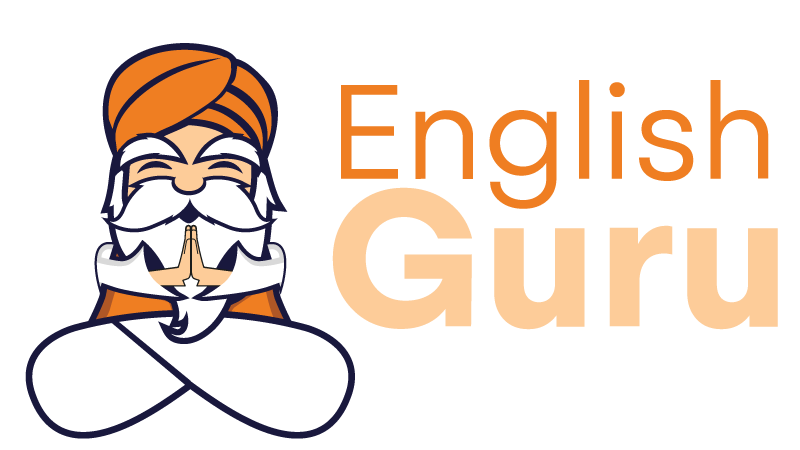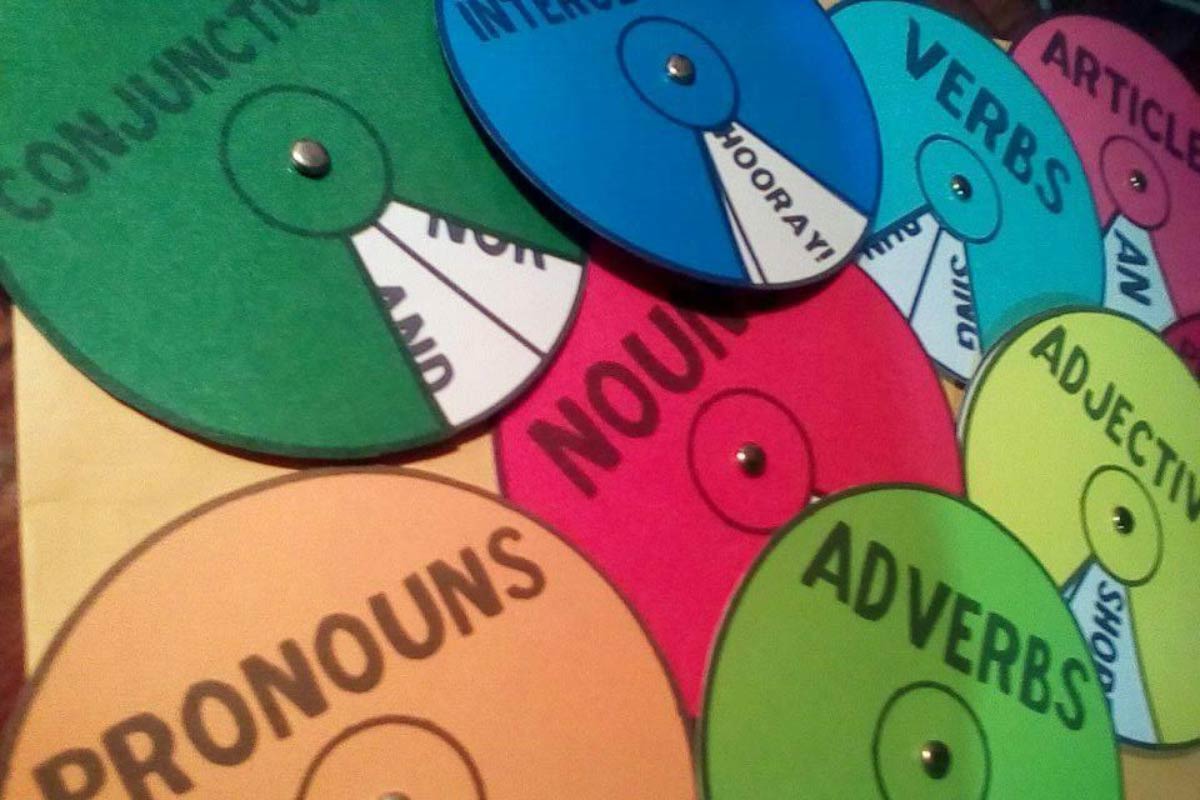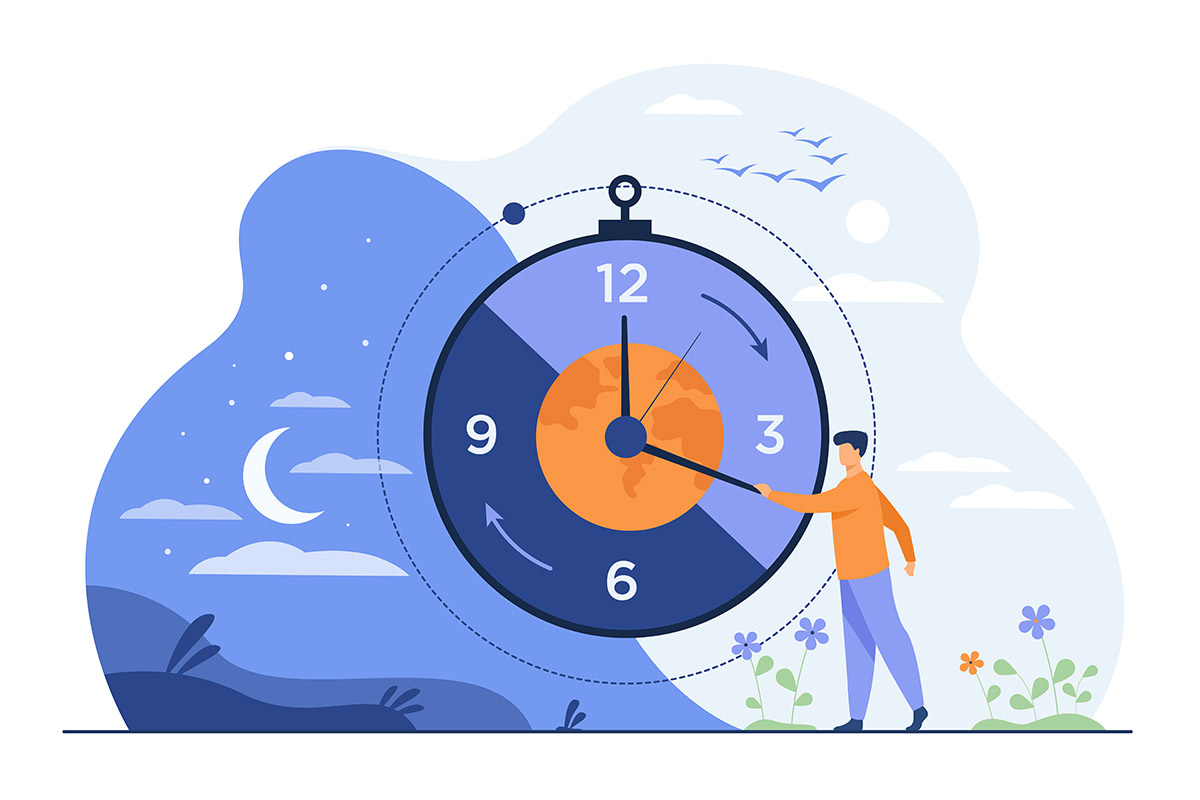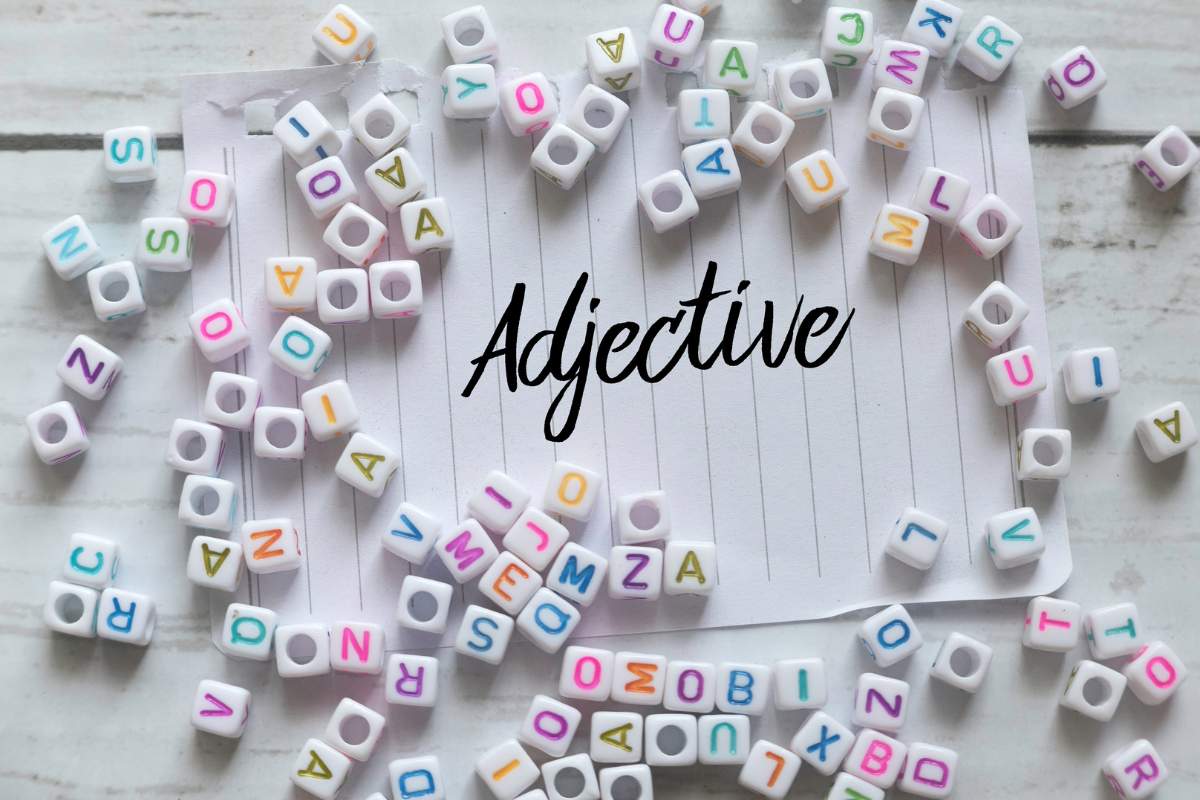You’ll learn many new things about English grammar rules: tenses, verbs, passive-active sentences, adjectives, adverbs, English conjunctions and more. Moreover, these issues are just some of the first that comes to mind.
You try to learn all the rules to speak English correctly, but sometimes some topics are in the background, and the necessary attention cannot be paid to these issues. Therefore, patterns such as adverbs, prepositions, and conjunctions are often confused with each other, or their usage and meanings are quickly forgotten.
However, these patterns are essential in adding definitions to sentences, providing integrity, and combining them. For this reason, English conjunctions and their meanings should be carefully considered. Let’s examine together what English conjunctions mean and where they are used
Using English Conjunctions
A conjunction is a pattern that helps to connect two words or two separate sentences and gives the sentences unity of meaning. This usage in English as well as in your own language gives you some advantages. With the use of conjunctions, you can connect two separate sentences that are related to each other. You can also sort words.
In addition to these, you can create a semantic unity between two separate sentences. Depending on their meaning and binding, these patterns can be added to the beginning, middle of the sentence, or both. English conjunctions are divided into certain classes according to their usage.
What are Coordinating Conjunctions?
- These conjunctions are; it helps to coordinate between two sentences, two nouns, two verbs, two adjectives or two adverbs.
- When it comes between two sentences, a comma is used at the end of the previous sentence.
- It is used to indicate the opposite, to present options.
- And, or, but, so, yet, for, nor are examples for English conjunctions.
What are Subordinating Conjunctions?
- It is used to indicate the relationship between a main and a subordinate clause.
- If the conjunction comes before the main sentence; Use a comma at the end of the main sentence. Then you should add a subordinate clause.
- If it comes after the main clause, that is, before the subordinate clause, a comma is not used.
- Adverb conjunctions (subordinating) can be defined by grouping them as condition, cause-effect, time, purpose, and situation.
- Examples for English conjunctions are because, when, however, just as, even if, although, while, in order that, whereas, as soon as.
What are Correlative Conjunctions?
Let’s continue our content by explaining Correlative Conjunctions and its usage.
- Similar conjunctions; connects two objects, subjects, verbs or sentences.
- These conjunctions are in the form of a double pattern. Correlative Conjunctions are found in both sentences.
- .nor.., not only..but also.., either..or.., both..and.., are examples.
Cause Conjunctions
We give some examples about because, as, since, seeing that, now that, given that.
- She has failed the exam because she didn’t study enough.
- As it was a fine day, everybody went out.
- Since he are a rich man, he can spend much money.
- Given that the circumstances are convenient, they have to start implementing the project.
In addition now we can continue about English conjunctions as; due to the fact that, in view of the fact that. For these conjunctions we can give this example;
- In view of the fact that her disease progression, doctors told us to give up hope.
Consession Conjunctions
As an example of consession conjunctions, we can list the following: Although, even though, in spite of the fact that, though.
- In spite of the fact that she knew she would not be able to withdraw from the course, she continued to study
‘Whereas’, ‘while’ are consession English conjunctions. We can give this example about whereas. If you want you can use ‘while’ in this sentence.
- Nobody gave him a hand when he was in difficulty, whereas he had been helpful to everybody in past.
However is a consession conjunction. Below you can see example about using however.
- However hard he tries, he can’t get anything from his work.
Whatever is a consession conjunction. Below you can see examples about using whatever.
- Whatever she does, she can’t please her husband.
- Whatever his ideas are, he have to explain them.
- Whatever their problem is, they have to tackle it.
Result Conjunctions
So that is one of result English conjunctions. We can give two examples about it.
- She was so embarrassed that she wanted to die.
- He is so handsome that every woman in the town fell in love with him.
‘Such that’ is a result conjunction. We can give an example about it.
- Michael is such an idiot that he may make every foolishness.
The use of conjunctions in English is very important in order to form fluent and correct sentences. Conjunctions can connect nouns, adjectives, adverbs, verbs, as well as groups of words and sentences. Conjunctions, which are divided into many sub-categories according to their purpose of use, we have explained in detail in this content. You can find a lot of English conjunctions you wonder about this subject in our article.




